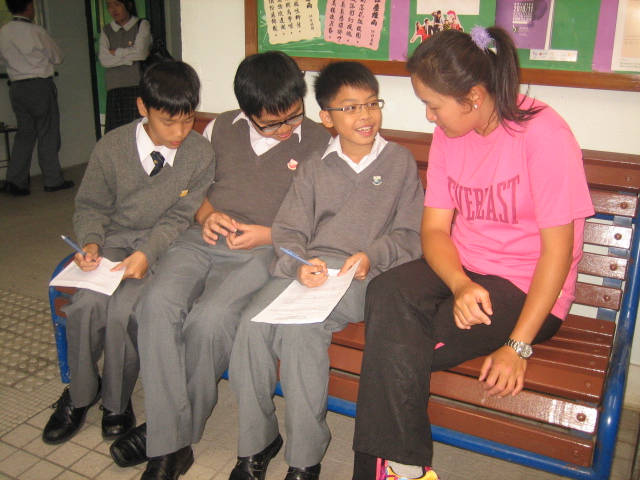
Prepare a teacher interview well, feel more secure and be able to present your concerns better. A tip first: Talk to your child before the teacher’s interview. This is not only fair, it can also save you and your child a lot of surprises.
Take an active part in shaping the conversation
Don’t wait for the teacher to chew everything out for you, but get actively involved. The conversation should be an exchange in which you not only react, but also raise your own concerns. It is also important that you respond to the teacher’s opinions and questions.
It should also be clear that you enjoy being there and appreciate the opportunity to exchange ideas. This also includes giving yourself and the teacher the chance to see things from the other perspective. This can make it easier to understand some of the disagreements by reading some article about hiring a tutor.
Stay objective towards the teacher
This conversation is not a duel, so don’t try to draw winners and losers from it – these are not parameters for a meaningful understanding, especially since these instances are not needed at all in a teacher conversation. Even personal attacks have no place here – this applies to both sides. If you don’t agree with the teacher, convey this argumentatively and make your own suggestions.
Of course it can happen that not everything goes well and you have a lot to swallow. But even if you are angry, don’t put this emotion in the foreground, don’t attack, don’t give your concern to understand and don’t project the anger on the teacher. Such a feeling arises from unfulfilled expectations. Question them personally and discuss them with the teacher, because wishes for change can lead to a common solution of conflicts.
Bring your own concerns clearly to bear
They are not there to tell the teacher what to do. The main thing is to talk to the teacher and make your concerns clear: What interests, delights or burdens you. Express what school means to your family and how you experience your child’s needs. Do not cling to the interpretation “wrong” or “right”, but orientate yourself on how your child is doing, what it is burdening, what it feels. Avoid wanting to know everything better, but still give your opinion.
Talk openly about your fears and worries
If you are really worried about your child, or if you are afraid of the teacher as an authority figure, do not hide it. Who knows, perhaps your counterpart will not be any different at this moment. Being open to each other also helps to release some tension in this conversation situation. Don’t just be open, but also calm and a little relaxed. Humour has also never harmed anyone and can also have a loosening effect to a healthy degree.
What should not happen
The attitude: “I don’t have a chance anyway…” doesn’t get you anywhere. The associated enemy image of “teacher” is also inappropriate and counterproductive. Such an attitude only blocks one’s own perception. On the desire for understanding the expectation should lead into the conversation, also and in order to see the perspective of all participants, not to arrest a culprit.

The first step towards change
The teacher’s interview should be understood as the beginning of a process in which you, the teacher and your child seek a common solution and everyone can be satisfied with it. Not everything clears up immediately and some changes take time. Do not put yourself under unnecessary pressure, this will only lead to disappointment. Trust in the fact that the discussion continues mentally with each of the participants and that mutual attention has emerged from the conversation. The teacher’s interview is a first step, and it doesn’t have to be the last.
Reduce and structure mountains of paper
Teachers have a lot of organisational tasks to do inside and outside the classroom: Prepare lessons, manage lists of grades, enter grades, check class books, copy worksheets, record dates, write letters to parents …
For most teachers this leads to a crazy chaos of paper and notes – and they spend a lot of their time looking for something in a hectic and annoyed way or picking up the same note ten thousand times. This leads to a build-up of stress, because one sits continuously in front of large piles of paper that should be cleared away. Most teachers start in the last holiday week to clean up the chaos of the past school year and thus do not get to prepare for the coming school year – with which the black seed for new chaos is already well spread again.


